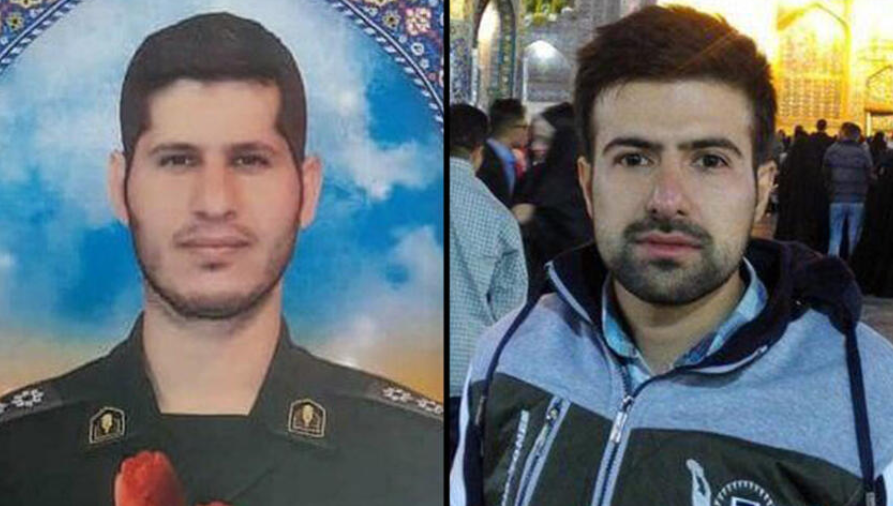
When it comes to Iran policy, the Joe Biden administration has surprised observers by continuing the maximum pressure policies it inherited from Donald Trump and company. Many had predicted that the Biden team would quickly look for a path back to the Joint Comprehensive Plan of Action (JCPOA), especially as that nuclear agreement was signed under President Barack Obama, when Biden and several of his current officials were also in the government.
The new envoy
Robert Malley, the new special Iran envoy, used his very first interview on 10 March to produce a long list of potential initiatives that Iran could use to build US confidence:
- ending its promotion of sectarian violence and Shi’a chauvinism as a tool of statecraft
- ending its military support for the Houthi rebel movement as part of a broader effort to end the Saudi–Yemeni war
- ending its support for Shi’a militant groups in Iraq, Syria, Lebanon, and Yemen that directly threaten peace efforts and promote corruption and lack of accountability
- institute significant transparency measures, including agreeing to Financial Action Task Force (FATF) rules for transparency and money laundering
- releasing US citizens who have been wrongly convicted of political crimes in Iran.
Such demands are clearly formulated mainly for public consumption in the United States and among US allies, but they are also damaging to perceptions in Iran.
Infuriating Iranians, Malley stated that in return for these initiatives, Washington would not meddle in Iran’s domestic politics: ‘The US will undertake no overt or covert initiatives that would undermine the territorial integrity of Iran and it will not promote ethnic and religious separatism in Iran.’
Considering that Washington made this commitment in the 1981 Algiers Accords, as part of the resolution of the Iran hostage crisis, it does not represent a new concession to Tehran.
There is no doubt that the political atmosphere in Washington is forcing the Biden administration to tread carefully. In early March, a bipartisan group of 140 representatives urged the administration to take a ‘comprehensive’ approach to threats posed by Iran, rather than simply reviving the 2015 nuclear deal.
Realising that some of his comments in the first interview were not helpful, on 17 March, Malley gave two interviews to Persian-language international channels, Voice of America and BBC Persian, to set a different tone.
He opened by affirming that President Biden had ‘expressed his intent to go back to the JCPOA despite having a thousand other issues like COVID to deal with.’ Interestingly, Malley called the JCPOA a ‘great achievement’ and concurred with Foreign Minister Mohammad Javad Zarif’s view that the JCPOA could be the floor, not the ceiling, for US–Iran dialogue.
He also stated that Washington intended to convince Tehran to engage in talks to achieve a follow-on agreement that would ‘strengthen and lengthen the JCPOA, address regional issues and Iran’s missile program.’ Importantly, he mentioned that such talks would also address Iranian grievances over the JCPOA.
Malley’s next sentence reveals the complexity of the process: ‘We believe it can be to the benefit of both sides. We want it to have stronger support in Iran, the region and the US. It can be more sustainable because all sides support it.’ The challenge lies in enlisting the support of so many diverse players.
Furthermore, Malley communicated some messages to diverse stakeholders. By saying that the Biden administration will take a ‘principled approach’ for the whole world, including Iran, the region, and in the United States itself, for example, he signalled that Iran would not be singled out in some of the issues.
By talking about human rights in Iran, especially the fate of imprisoned Iranian dissidents and dual citizens, he acknowledged the wishes of human rights advocates, especially in the Iranian diaspora.
A policy in process
Judging from these two interviews, Biden’s Iran policy is being refined as it unfolds. In addition to having other priorities, the new administration has also suffered from the slow process of confirmation hearings in the Senate. The team now appears to be in place, however, with National Security Advisor Jake Sullivan as the go-to person on Iran policy.
To understand that policy, one needs to appreciate the dominant view in the Biden administration – that Tehran will accept a deal only if it is diplomatically isolated. In other words, the first stage of re-engaging Iran is to continue applying pressure so that it feels isolated before starting new talks with the United States.
Many experts believe that this approach is detached from Iranian realities, but it explains the lack of action by the United States and the European Union. It also explains why Washington continues to insist on full Iranian compliance with the JCPOA before committing itself any positive moves.
Having said that, key individuals in the Biden administration, especially Jake Sullivan and Rob Malley, have highlighted the significance of direct negotiations between Washington and Tehran as a first step to build confidence. How that is to be achieved if Tehran’s position remains that no talks will take place as long as the United States has not returned to the JCPOA remains unclear.
Evidently, initiatives by third parties to fill the diplomatic void are the current best hope. These third parties include Qatar, Oman, Switzerland, and other European governments. The challenge is that Tehran will soon enter the political cycle of a presidential election, effectively delaying any meaningful engagement until after August.
Alternatively, similar to events in 2012, an Iranian envoy appointed by Ayatollah Ali Khamenei could meet with US representatives in order to find a way out of the deadlock.
This excerpt is taken from Iran Strategic Focus, our monthly intelligence report on Iran. Click here to receive a free sample copy.


